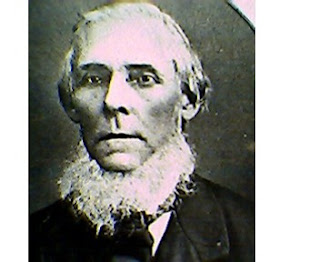At that time the U.S. begins to look like a new power. Napoleon Bonaparte is still in France and in Latin America begins the time of liberation struggles.
The island of Saint-Domingue was divided between Spain and France.
The United States bans trade with the new Haitian republic.
The French Revolution of 1789 had brought a wave of optimism to their colonies, the banners of equality, liberty and fraternity were fervently championed by the Haitian people, but France did not apply these principles to their colonial possessions.
In the late 18th century and early 19th century, many men fought for the independence of Haiti, among them was Alexandre Pétion.
Pétion is known as the founder of the Republic of Haiti. Born in Port-au-Prince on April 2, 1770 of French father and a mulatto mother. At 18 he studied at the Military Academy of Paris. He participated in the expulsion of Britain from the island (1798). He returned from exile in 1802 with the French troops of Leclerc, sent by his brother in law Napoleon Bonaparte to return the revolutionary situation. But, instead he joined the patriots because he feared the return of slavery. Along with Jean-Jacques Dessalines, Petion organized the mulattoes and African slaves to fight against the French army and achieve the independence of Haiti, the first of Latin America, he declared it on 1 January 1804. After the assassination of Dessalines, Petion was elected president of the first black and mulato republic in the world. a position he held until his death on 29 March 1818. During his government, Haiti began to help their neighbors in South America to gain freedom.
During his presidency he confiscated the French plantations, divided the land among his soldiers and peasants; lowered the selling price of the remaining lands and gave unprecedented freedom to its people.
Petion gave Bolivar the means needed to continue its campaign of liberation: money, weapons, food, ammunition and even Haitian volunteer soldiers to help in their struggle. But he avoided the spotlight. He feared that the Spanish would encouraged a retaliation of the French in Haiti.
Pétion not only gave the military support, but the political strategy for success when he stated that his condition given to Bolivar was the abolition of slavery. Bolivar kept his promess to Pétion. During the Angostura Congress the legislator said, "I cry for the abolition of slavery as it would for my life". All the blacks who were before opposing the Liberator, immediately joined the rebel army.
Submit url
Submit url



